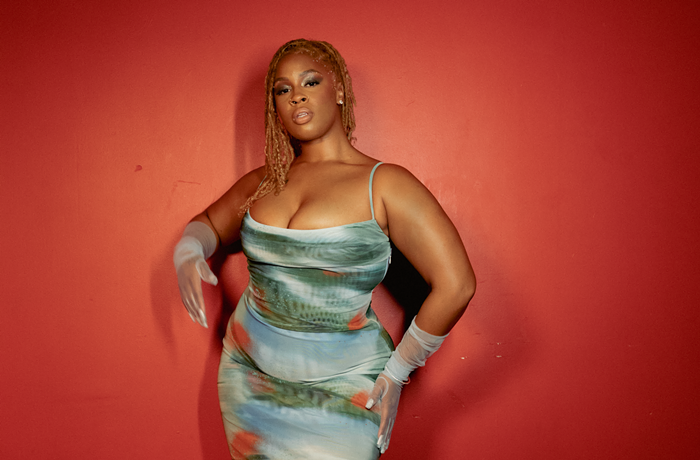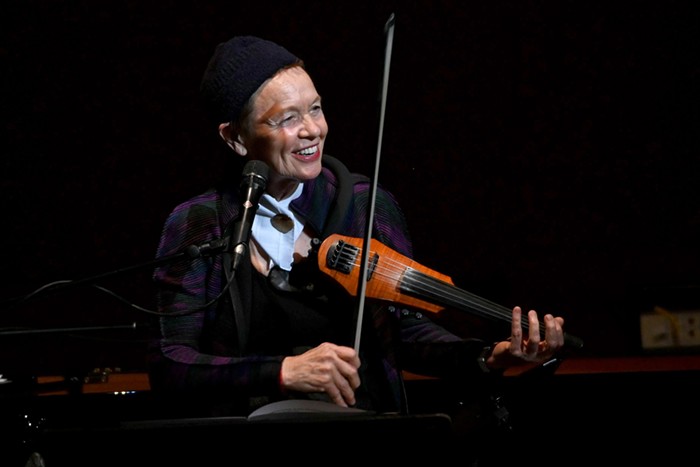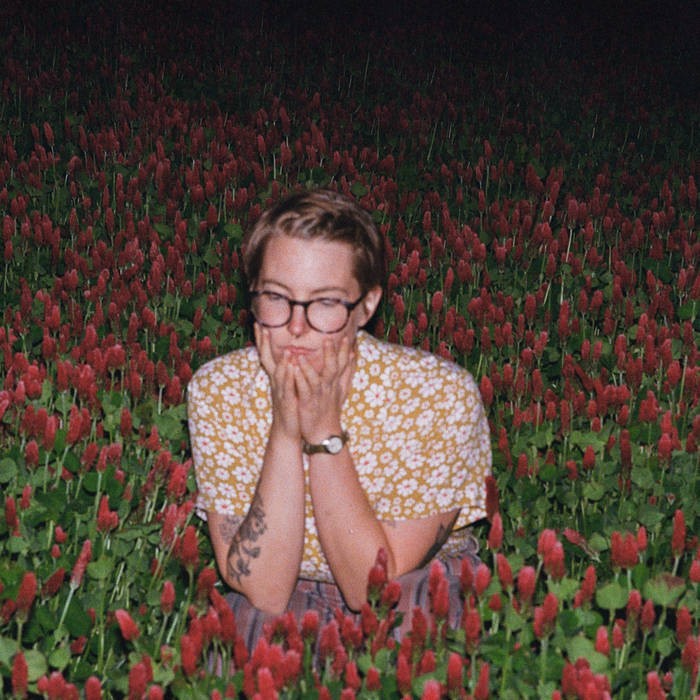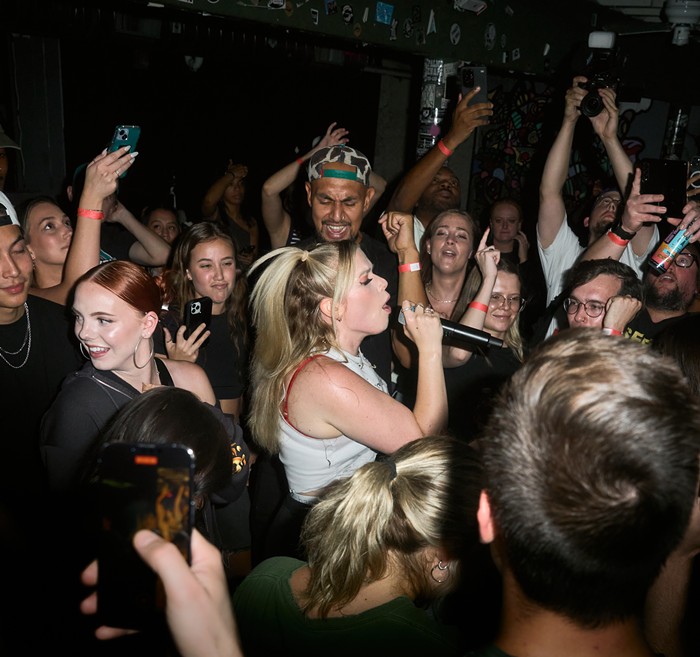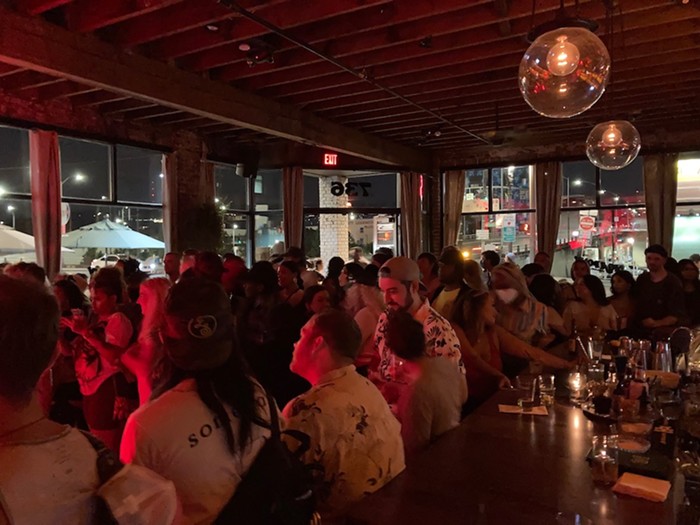AS POP MUSIC'S history grows longer, so grows the risk of deserving bands becoming lost to obscurity. This almost happened to Codeine, a group with Pacific Northwest connections and a persistent influence on alternative music. Part of the pivotal early-'90s Sub Pop roster, on which the label engineered the "Seattle Sound," Codeine—consisting of Stephen Immerwahr (vocals, bass), John Engle (guitar) and Chris Brokaw (drums)—was one of the first bands to rein in the sonic capacity of amplified instruments, drawing out the expressive power in each note and beat to obliterating effect. Sometimes referred to as slowcore, their style was marked by a spacious pace and painfully frank lyrics, foundational strands of what's now blithely called indie rock.
In 1992, amid efforts to follow up their definitive 1990 debut Frigid Stars with the Barely Real EP, inner conflict led Brokaw to leave the band, and after touring in support of their third release The White Birch (1994), Codeine disbanded entirely, not to be heard from for almost two decades.
"I was really, really sad when we broke up," says Immerwahr on the phone from his home in New York. "I didn't want to think about it, and hear about it and listen to it. I just... put it away."
Fortunately Numero Group, an archival record label out of Chicago, recently intervened and asked to reissue Codeine's albums on vinyl. The sumptuous six-LP box set When I See the Sun, released in April, preserves Codeine's pioneering efforts, including previously unreleased material, a John Peel session, and detailed liner notes. Best of all, it spurred the reunion of the original Codeine lineup for a brief run of performances. "Someone does that, you can't just be like, 'That sounds great, I can't wait to hear it,'" Immerwahr says. "You have to play shows. It's a good thing to play shows."
Codeine's fans would agree—including many in the UK and Europe, where the band just finished a few dates, including the venerable festival All Tomorrow's Parties (to which they were invited by Mogwai). Immerwahr says that he and Engle, who have remained close, are thrilled to be playing with Scout Niblett for their Portland and Seattle dates, and also glad to be "revisiting the site of our demise"—they broke up after a West Coast tour—under better conditions.
On returning to the band after so much time, Immerwahr says, "You have a chance to be a lot more compassionate... in your dealings with others, with yourself, and, I think for me also, with Codeine—for being the band that it is and not being the band that I wanted it to be. When you're in a band, you want it to be the greatest band of all time. You're constantly battered by the reality. But you rarely know how to make it better than it is. It took me awhile to kind of make peace—well, it took 18 years to make peace with Codeine."
This process of resolution is captured on one of the reissue's finest tracks—a cover of Joy Division's "Atmosphere." Brokaw's drumming is notably absent, and a few lyrical adjustments address Codeine's painful ending with tangible hope. Alongside Engle's plaintive guitar, Immerwahr's stoic voice sings, "Don't walk away in silence," and speaks of a thing "abandoned too soon." Codeine may have been exactly that—but for now, they are, however briefly, back.

